In today’s consumer landscape, fashion is increasingly judged not just by how it looks but by how it’s made. In the U.S., more people are asking about materials, production practices, and environmental impact. By 2025, sustainability isn’t just a selling point; it’s become central to what many shoppers expect. This shift has pushed brands to rethink transparency, worker protections, circular systems, and greener supply chains. The following listicle highlights 10 U.S.popular labels that are actively evolving toward more responsible practices. You’ll see a mix of established names and rising stars, each contributing in their own way to making fashion better for people and the planet.
1. Everlane
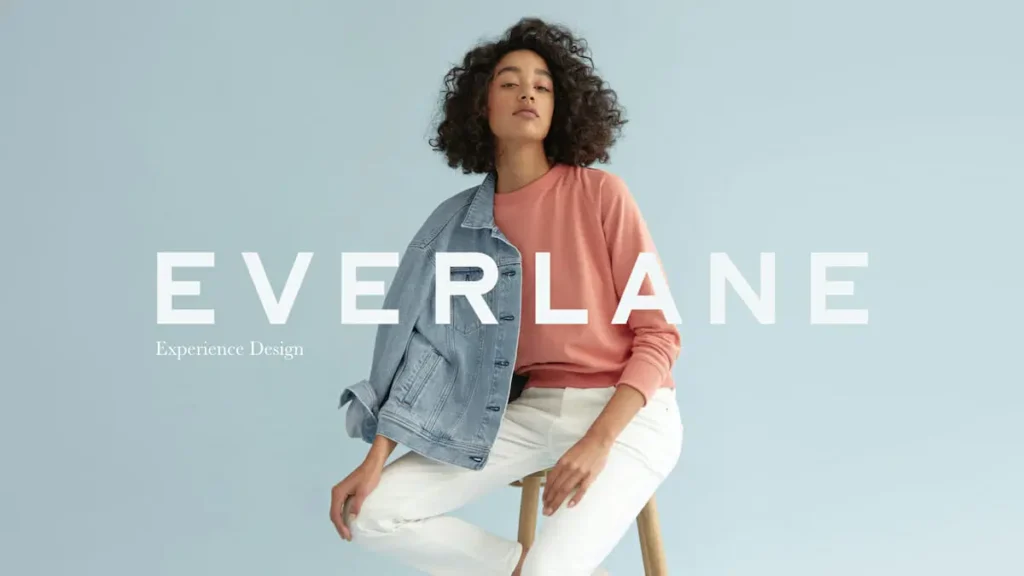
Everlane is all about transparency and thoughtful basics. They publish detailed cost breakdowns for many of their products, showing materials, labor, transportation, and markup. Their denim line is a standout: made in a factory that recycles 98% of its water, reuses byproducts, and runs on renewable energy. They’ve also reduced their reliance on virgin plastics and set science-based targets for emissions reduction. The brand has made impressive progress toward sustainability while maintaining accessibility and quality. However, they continue to refine their supply chain to improve labor practices and environmental performance across all levels of production.
2. Reformation

Reformation is known for stylish, trend-aware clothing that minimizes waste and resource use. They make extensive use of deadstock fabrics, materials left over from other manufacturers, and rely on eco-friendly dyes to lessen environmental harm. Each collection is carefully tracked for its carbon and water footprint, giving customers insight into the impact of their purchases. Reformation’s operations also include a strong focus on renewable energy and sustainable packaging. Their designs remain modern, feminine, and effortless, proving that style and sustainability can coexist beautifully without sacrificing quality or appeal.
3. Warp + Weft
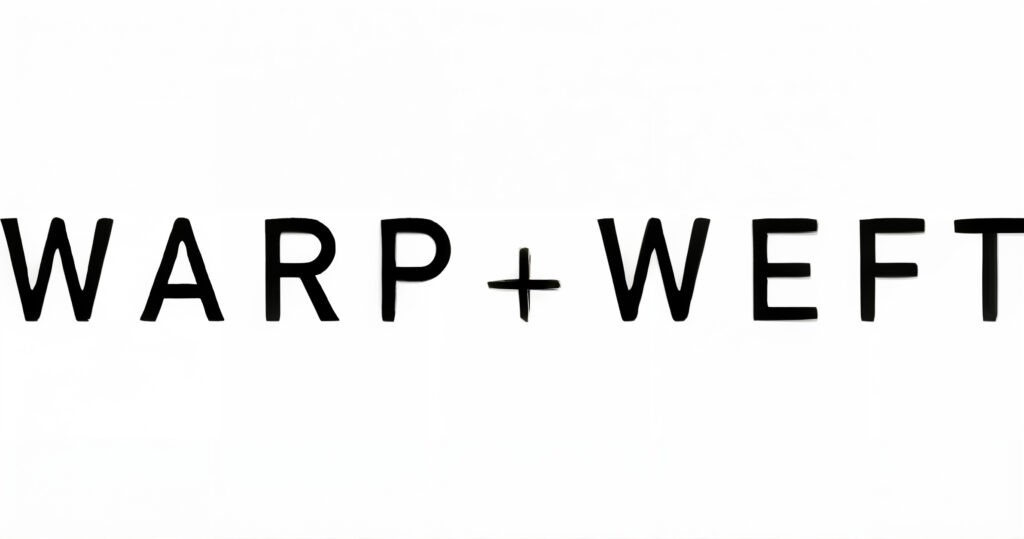
Warp + Weft specializes in denim made through a vertically integrated production process, meaning they control nearly every step, from sourcing materials to finishing the product. This structure allows them to monitor sustainability metrics closely and ensure fair labor conditions. Their denim manufacturing uses a fraction of the water typically required by traditional brands, while also recycling wastewater and minimizing chemical use. They are committed to size inclusivity, offering jeans for all body types without resorting to overproduction. Warp + Weft continues to demonstrate how an American denim brand can balance comfort, fit, and ethical responsibility.
4. Allbirds
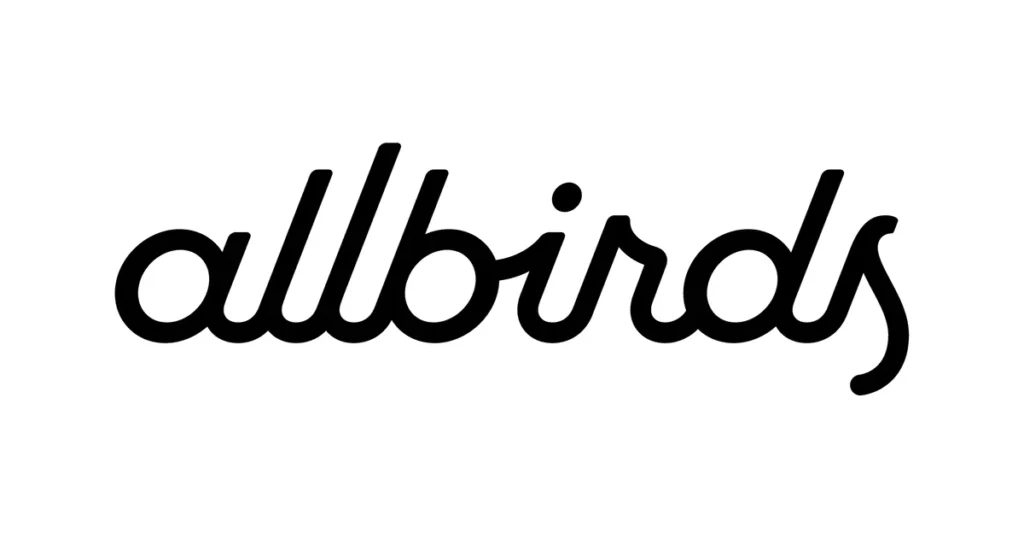
Allbirds is famous for sneakers crafted from natural materials such as merino wool, eucalyptus fiber, and sugarcane-based foam. Their brand philosophy revolves around comfort, transparency, and a clear dedication to reducing carbon emissions. Each product includes a visible carbon footprint, encouraging mindful consumer choices. They aim for complete carbon neutrality by using renewable materials and offsetting any remaining emissions. Allbirds’ clean, minimalist aesthetic has made it a favorite among consumers who want style that feels effortless yet meaningful. Beyond shoes, the brand continues expanding into apparel, keeping sustainability at the core of everything they create.
5. Patagonia
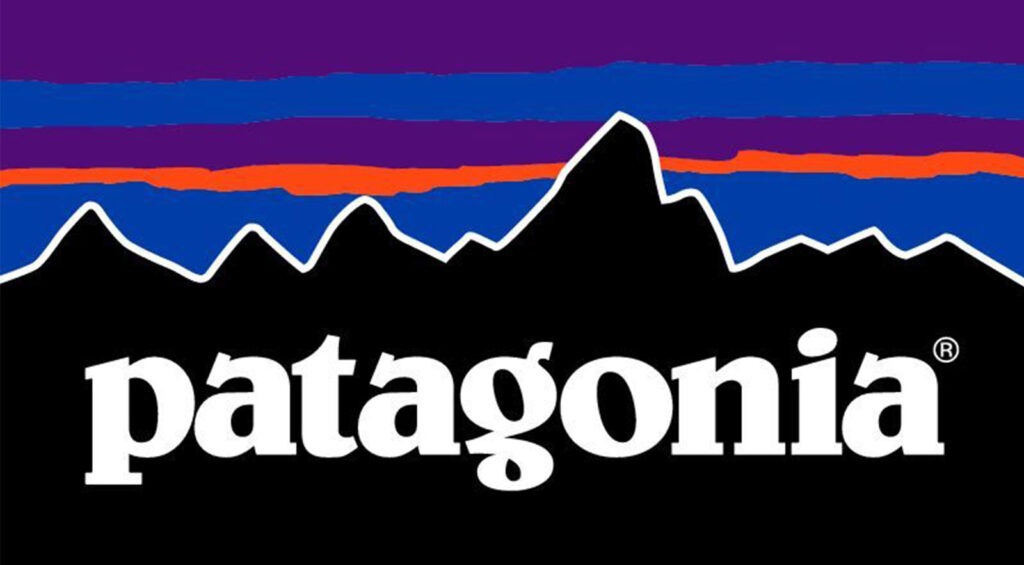
Patagonia has long been the gold standard for environmentally conscious apparel. Their mission extends beyond making high-quality outdoor gear; they actively encourage customers to buy less, repair more, and recycle worn-out items. The brand’s “Worn Wear” program promotes clothing longevity through repair and resale. Patagonia invests heavily in conservation initiatives and supports environmental activism globally. Their supply chain prioritizes organic cotton, recycled fabrics, and ethical labor. With an unwavering commitment to planet-first values, Patagonia remains a leader whose influence inspires the rest of the fashion industry to take meaningful action.
6. Eileen Fisher
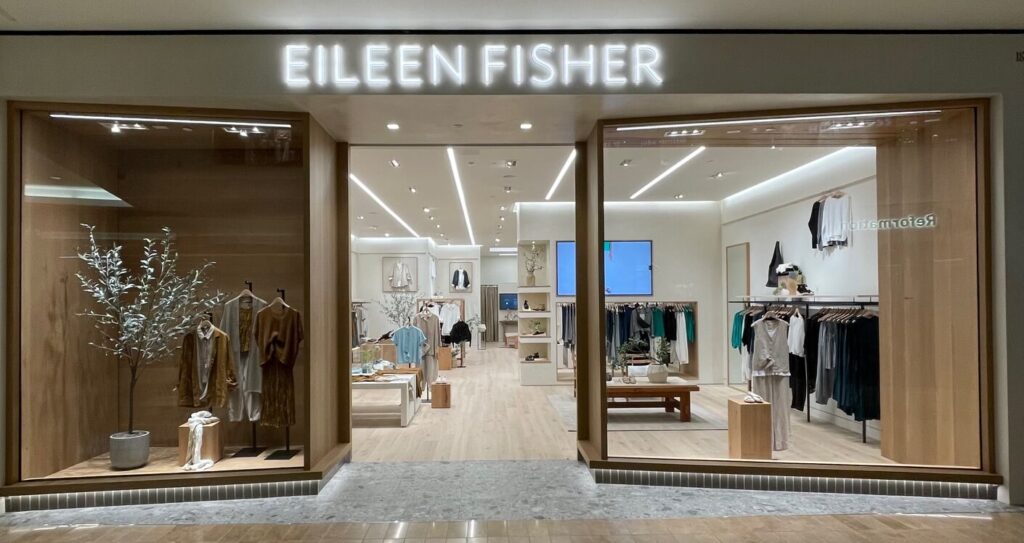
Eileen Fisher stands for timeless design and quiet elegance built around sustainability. The brand uses organic cotton, linen, and recycled materials to craft garments that are both durable and sophisticated. They operate one of the most recognized clothing take-back and resell programs in the U.S., allowing customers to return used garments for recycling or resale. Their goal is to achieve circular fashion by keeping clothing in use for as long as possible. Eileen Fisher’s commitment to simplicity, ethical production, and longevity has made it a trusted name among conscious consumers who value understated beauty and purpose.
7. Stella McCartney

Stella McCartney has become a global pioneer in luxury sustainable fashion. She proves that high-end design and environmental responsibility can coexist seamlessly. The brand avoids leather, fur, and animal-derived materials, opting for plant-based and lab-grown alternatives. Stella McCartney champions traceability across her supply chain and supports regenerative farming to improve soil health. Her collections feature sophisticated tailoring and innovative textiles that appeal to modern consumers who care about ethics as much as aesthetics. As one of the earliest voices for sustainable luxury, her continued leadership sets a powerful example for other designers to follow.
8. Baggu
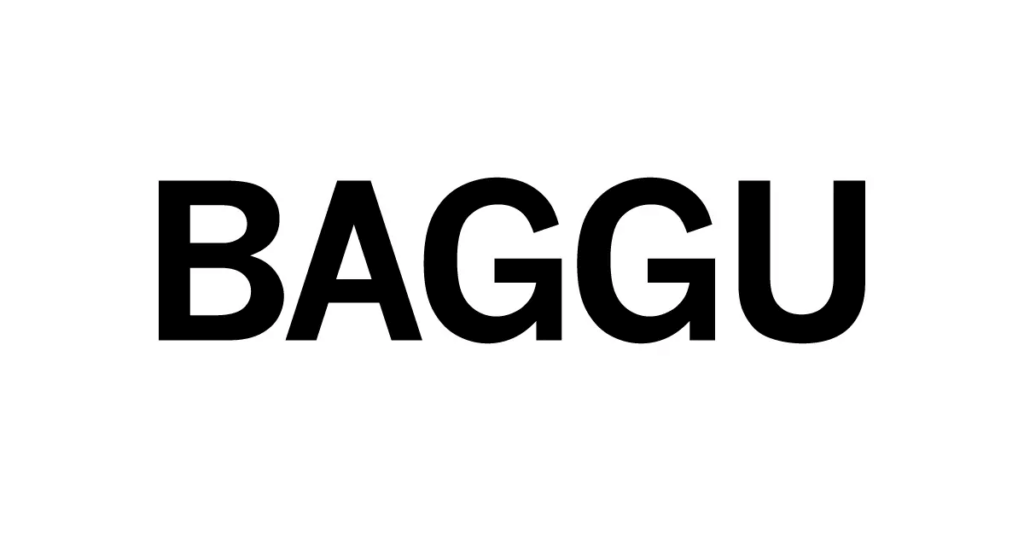
Baggu began with a simple mission: to make reusable bags that people actually enjoy using. Today, the brand has expanded into a full line of accessories and home goods made from recycled materials. Their products combine playful colors and practical design, encouraging everyday sustainability in an approachable way. Baggu keeps production ethical by maintaining long-term relationships with manufacturers and minimizing waste in packaging. The brand’s philosophy emphasizes function, affordability, and responsibility, making sustainability accessible to more consumers. Baggu proves that small changes in habits like carrying reusable bags can collectively make a big impact.
9. Kotn
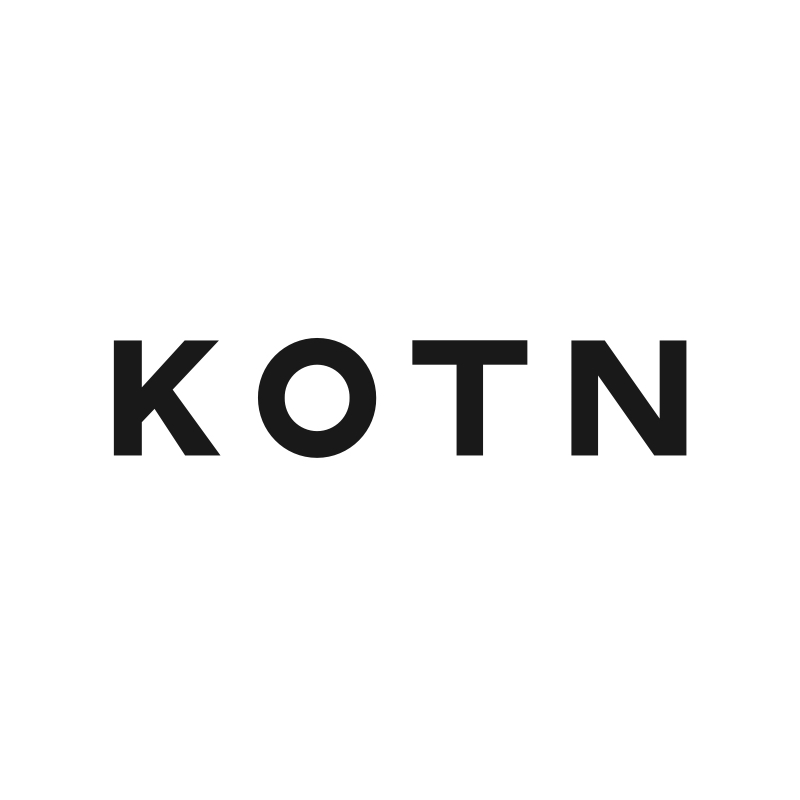
Kotn creates high-quality basics from ethically sourced Egyptian cotton. Their model ensures fair wages for farmers and invests in education within cotton-growing communities. The brand focuses on simplicity and durability, offering wardrobe staples that transcend trends and last for years. Kotn’s commitment to transparency extends from field to fabric, giving consumers confidence that each purchase supports positive social and environmental outcomes. Their understated designs cater to those who appreciate comfort and craftsmanship while aligning with ethical values. By connecting fashion with community development, Kotn shows that sustainability can be deeply human and inclusive.
10. Pangaia
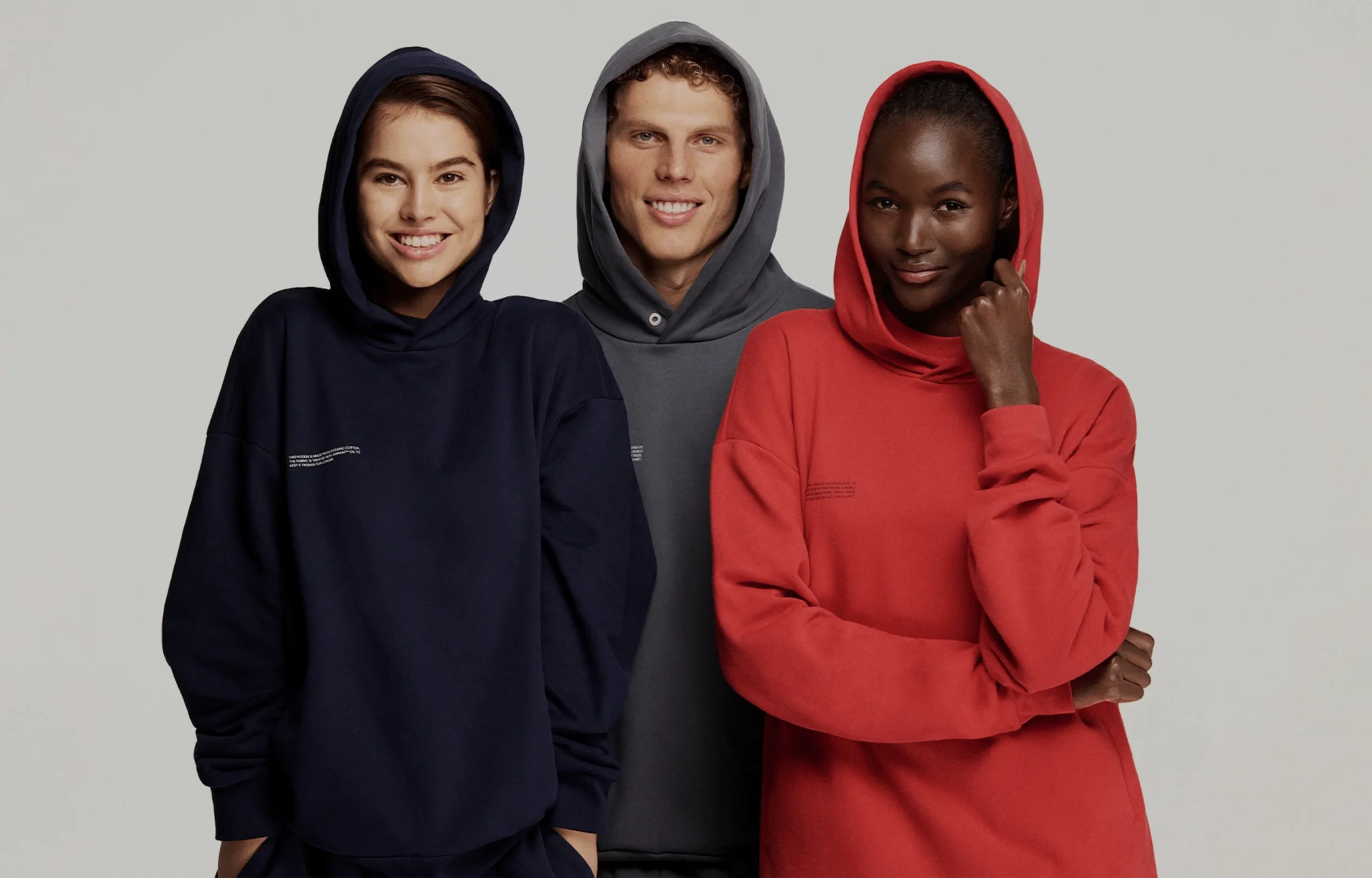
Pangaia blends science, fashion, and sustainability to create clothing that pushes innovation forward. They are known for developing new materials, including seaweed fiber, bio-based dyes, and recycled cotton blends. Every product is designed with circularity in mind, reducing waste at every stage. Pangaia’s vibrant and comfortable pieces appeal to a younger audience that values creativity and environmental awareness. The brand also invests in research to scale sustainable technologies across the fashion industry. Their vision is to make eco-friendly design the norm rather than the exception, offering a hopeful look toward fashion’s future in 2025 and beyond.
Comments